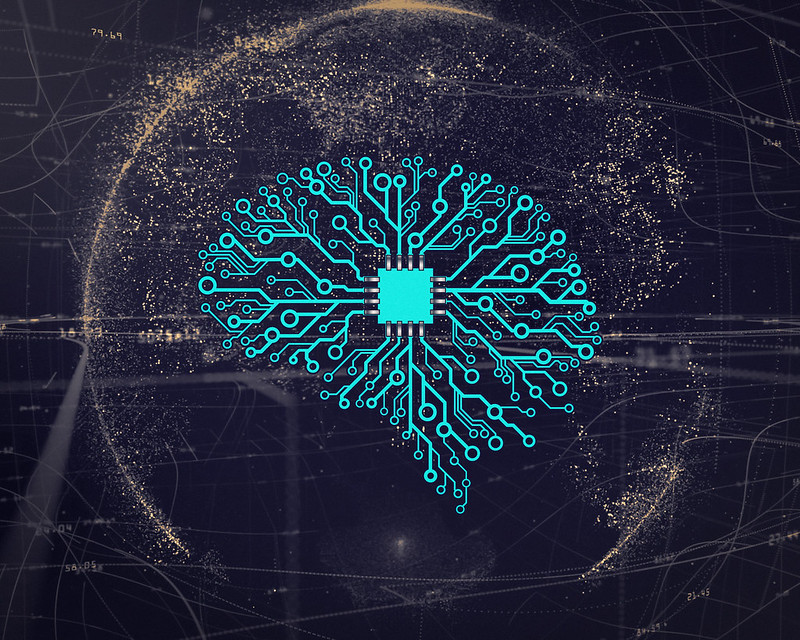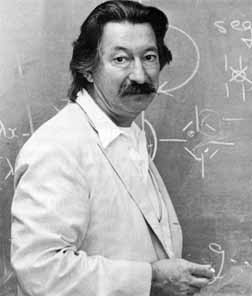
Expecting the unexpected has been a roadblock in bringing artificial intelligent (AI) computers to the next level of deployment in the everyday lives of human, something researchers are making headway in eliminating.
But how can adding a little imaginative power really improve the contributions of AI in modern society?



